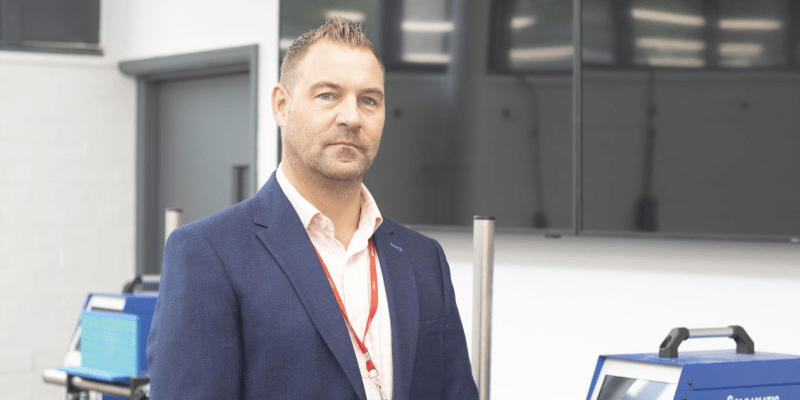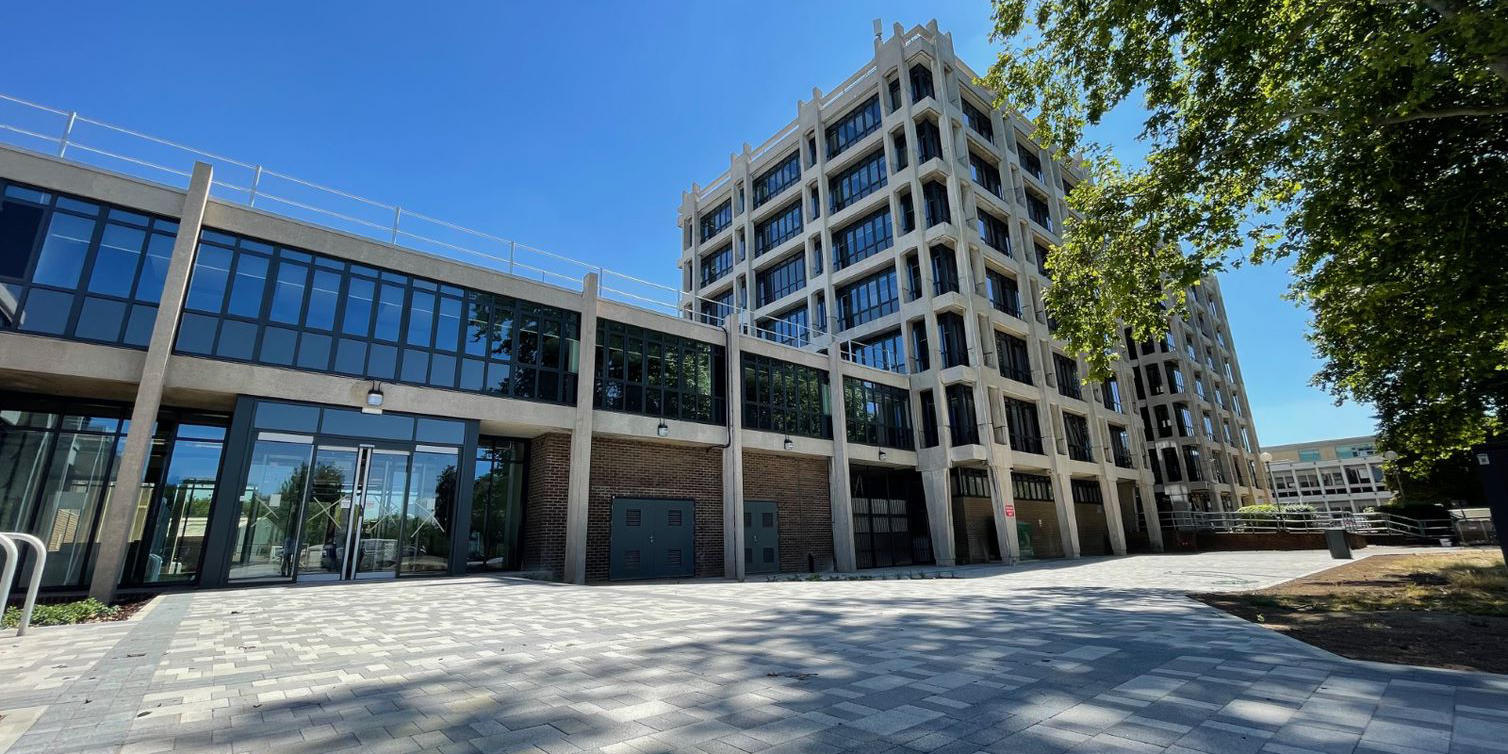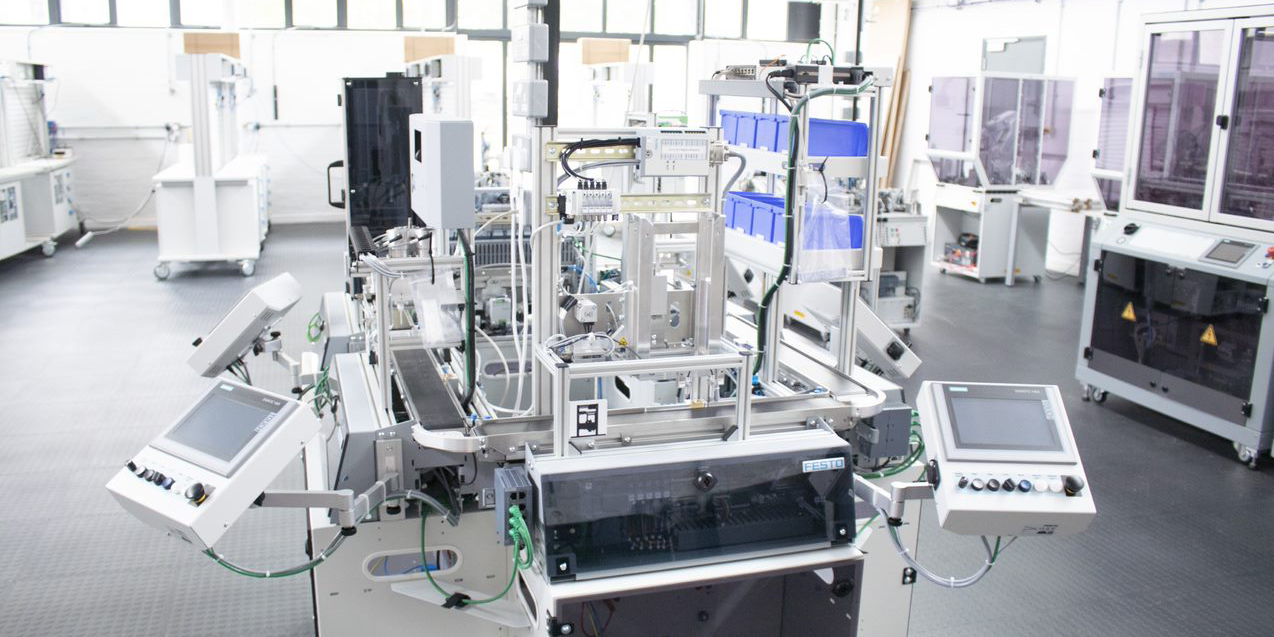
A new Swindon and Wiltshire Institute of Technology aims to deliver young people for the new world of work and provide the skills local employers need.
Neil Brayshaw, 47, is the interim Managing Director of this brave new world of learning with technology at its heart. He is a former Paratrooper in the Royal Engineers with extensive experience in delivering similar Institutes of Technology all over the country.
Ian Mean, Business West’s Gloucestershire Director and former Editor of the Western Daily Press, questioned Neil about the Institute’s challenges.
What’s the difference between an Institute of Technology and a Further Education college? Are businesses aware of what an IoT offers?
“The big difference is that we are technical institutions that have been specifically designed to meet those employer needs.
“Further Education colleges have a general curriculum offer from entry level right up to degree level—it is a broad base.
“We are technical institutions-technical run universities that have a specific brief to meet the local and wider employment and skills needs.
“That’s how we differentiate ourselves.
“We feel we can be more fleet of foot, adaptable and meet employers’ needs.
“We are in our infancy—11 IOTs are now open and a further 10 will open over the next three years.
”We are the new kids on the block in terms of this landscape.”
What about your status?
“We are competing in a challenging market. Traditionally, it was the Higher National Diploma or Higher National Certificate for engineering.
“That’s where many of our employers started their careers.
“An academic university degree does not need to be the only destination.
“Students can now do a full degree, earn a very good salary, and at the same time live in Swindon or the wider counties and still come out with a full honours degree.
“This the right place for Swindon because this institution has been specifically designed to meet those skills needs for our local economy.
“We believe that our local employers with their skills demands do not need to recruit from out of the county.“
Do you think local firms will come on board with the IoT?
“Yes, I do; but the word about IOTs still needs to be spread far and wide.
“A lot of people have been waiting for this building to be finished before they believe that it was actually going to happen.”
What are the employers’ needs, especially the SMEs?
“It’s about equipping young people with what they need.
“SMEs make up a significant proportion of our employers and we are working with as many of them as possible. They are our bread and butter.”
Is the system of apprenticeships just too complicated for many small businesses? How would you improve the system?
“For SMEs, there is a challenge to bureaucracy over the recruitment of apprentices.
“SMEs don’t have the time to jump through the hoops in recruiting and we as an IoT have an opportunity to help them recruit.
“We have students to give them for work experience — it’s almost try before you buy!
“It's an offer of a job interview. If they are looking at recruiting two apprentices in the future we can give them twelve to trial.”
How do you see the importance of the Local Skills Programmes or LSIPs that Business West are creating in Swindon and Wiltshire?
“They are extremely important to us. I think they will enhance and supplement our existing relationships with employers and we can build on those to create talent forums across a variety of sectors.
“We work with over 700 employers and I think that’s where the LSIPs can tie it all together so we have a plan to enable us to all work in unison”.
Is business investing enough in training to create the growth in the productivity which our new government wants?
“There are certainly challenges in the current financial climate around that training.
“We are seeing that organisations have looked at their recruitment strategically since Brexit and Covid.
“For me, IOTs are here for the long term. As a country, we need to start building again physically but we also need to invest in the next generation of skills to come through.”
You have links with the University of Gloucestershire and Oxford Brookes: How will that work?
“It’s working very well. They both understand we are attracting learners they potentially would not attract through our higher and degree apprenticeship programmes.”
How do you convince parents that the IoT route is good for their children?
“In Swindon, we have the advantage in that for many generations families have worked for companies like Great Western Railway for instance. It has a tradition—there are generations that have worked in these sectors. I don’t think there is that stigma you might get in other areas”.
If you were a government minister, what would be the big thing you would change to develop lifelong learning?
“Most people now have three careers. I would simplify the funding so adults could have access to shorter modular programmes.
“Make more maintenance loans available to adults so that gives them the ability to return to study. Over the last 10-15 years that access has died away.”
- Log in to post comments
Learn more about LSIPs
Find out more and get involved with the Business West Local Skills Improvement Plans


